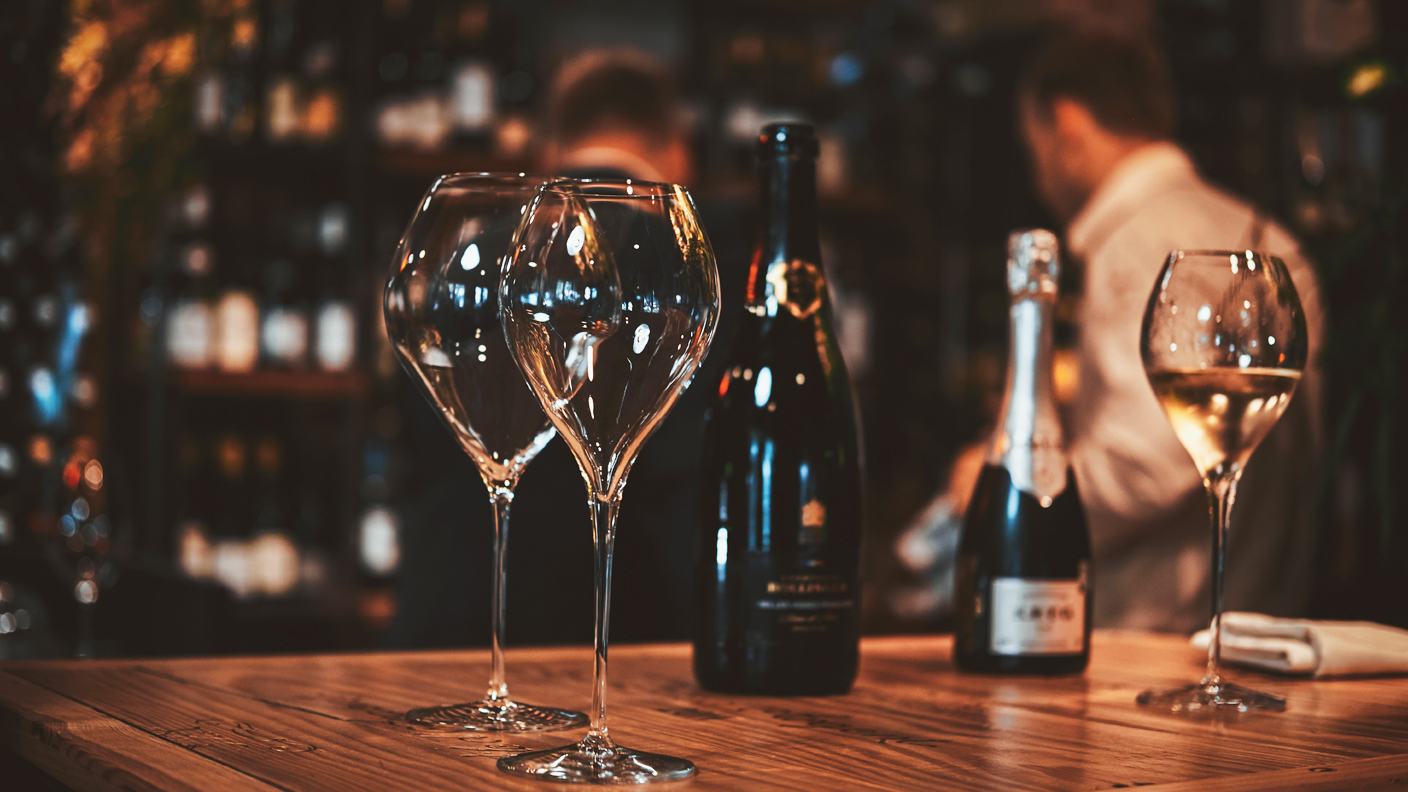Vintage champagne: an effervescent asset
SPONSORED CONTENT – Amidst the financial stresses and strains of various global financial crises, canny investors have identified vintage champagne as a capital gains tax free asset that seems to continue its resilient, inexorable rise.

Sensible investors have long diversified their holdings across a range of alternative assets, with Burgundy and Bordeaux the go-to names for those looking to invest in the liquid gold of the fine wine market. In the background, however, a dark horse has emerged in the form of vintage champagne, that most bubbly of assets that impresses with both low volatility and consistent, annualised returns. Noble Rot Fine Wine looks at the reasons for investors’ fascination with fizz.
Consistent growth and a hedge against market downturns
Champagne has performed admirably over the past 16 years, delivering compound annual growth of over 9%, whilst remaining largely unaffected by major market events which have at times caused the wider financial markets to rise and fall. This has burnished vintage champagne’s credentials as an excellent additional hedge to add to a fully diversified fine wine portfolio during events like the current Covid-19 pandemic.
Outperforming the wider market
Fine wine is a consistently high performer in the annual Knight Frank Wealth Report (which shows fine wine market growth of 120% over 10 years). The Liv-ex 100 index has outperformed the FTSE 100 over the past five years and in the same period the Champagne 50 index has risen an impressive 43%.
MoneyWeek
Subscribe to MoneyWeek today and get your first six magazine issues absolutely FREE

Sign up to Money Morning
Don't miss the latest investment and personal finances news, market analysis, plus money-saving tips with our free twice-daily newsletter
Don't miss the latest investment and personal finances news, market analysis, plus money-saving tips with our free twice-daily newsletter
Definitive inverse supply curve
Vintage champagne has a huge potential market, but limited supply. The inverse supply curve that drives fine wine investment is particularly key here, with vintages declared relatively rarely. Some Grandes Marques only make as few as 5,000 cases of each vintage declared. Anticipation grows as vintage champagne is often aged for 10 years or more before release, and is then immediately suitable for drinking, which directly drives demand.
Substantial and varied worldwide demand
Champagne is a drink for all occasions, so demand for vintage champagne is seemingly insatiable, for bottles of all sizes and vintages. As with other fine wine assets, if bought judiciously it can be traded readily as there is a liquid market and defined exit, for instance via Liv-ex, the live Fine Wine trading platform, in contrast with assets such as art or classic cars.
Tax-efficient form of investing
Because of its status as a wasting chattel, like all fine wines, vintage champagne is considered exempt from capital gains tax.
The best of the best shine through
At Noble Rot Fine Wine, vintage champagnes are judged against several key criteria to determine suitability for investment. These include but are not limited to:
- The best producers – Salon, Dom Perignon, Cristal and Krug lead the way here
- The best vintages – 1996, 2002, 2004 and 2008
- High critical ratings – increases in rating also positively affect a wine’s value
- Outperforming peer group – certain champagnes outpace the Champagne 50 index
Investors in vintage champagne have seen handsome returns. For example, Salon’s 2002 and 2004 vintages have appreciated by 24% and 14% respectively over the past 18 months alone (source: Liv-ex.com).
To explore diversifying your investments into Fine Wine, access our full champagne report or to receive a free valuation and appraisal of any existing fine wine holding, please get in touch with us via noblerot.org. We’d be delighted to hear from you.
Please download our complementary Champagne Report via: noblerot.org
Get the latest financial news, insights and expert analysis from our award-winning MoneyWeek team, to help you understand what really matters when it comes to your finances.
MoneyWeek is written by a team of experienced and award-winning journalists, plus expert columnists. As well as daily digital news and features, MoneyWeek also publishes a weekly magazine, covering investing and personal finance. From share tips, pensions, gold to practical investment tips - we provide a round-up to help you make money and keep it.
-
 How to navigate the inheritance tax paperwork maze in nine clear steps
How to navigate the inheritance tax paperwork maze in nine clear stepsFamilies who cope best with inheritance tax (IHT) paperwork are those who plan ahead, say experts. We look at all documents you need to gather, regardless of whether you have an IHT bill to pay.
-
 Should you get financial advice when organising care for an elderly relative?
Should you get financial advice when organising care for an elderly relative?A tiny proportion of over 45s get help planning elderly relatives’ care – but is financial advice worth the cost?

